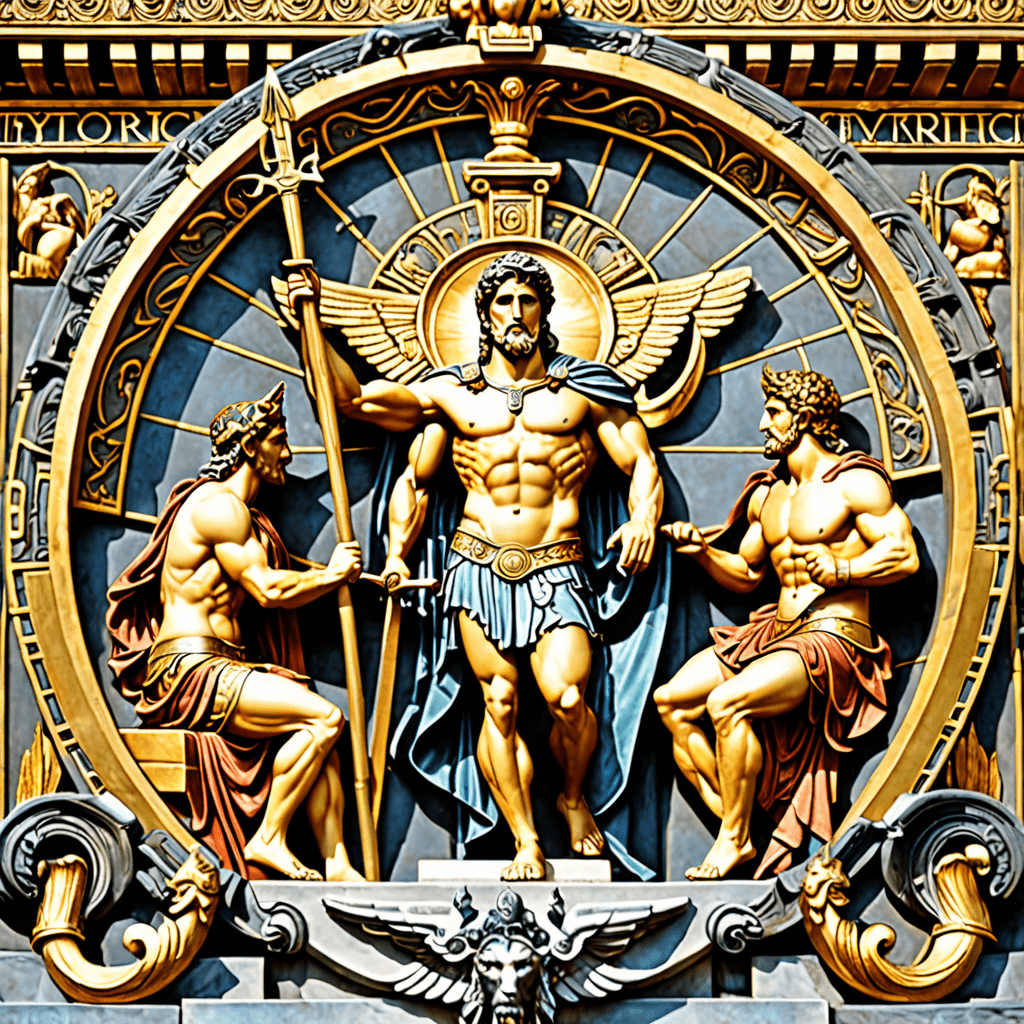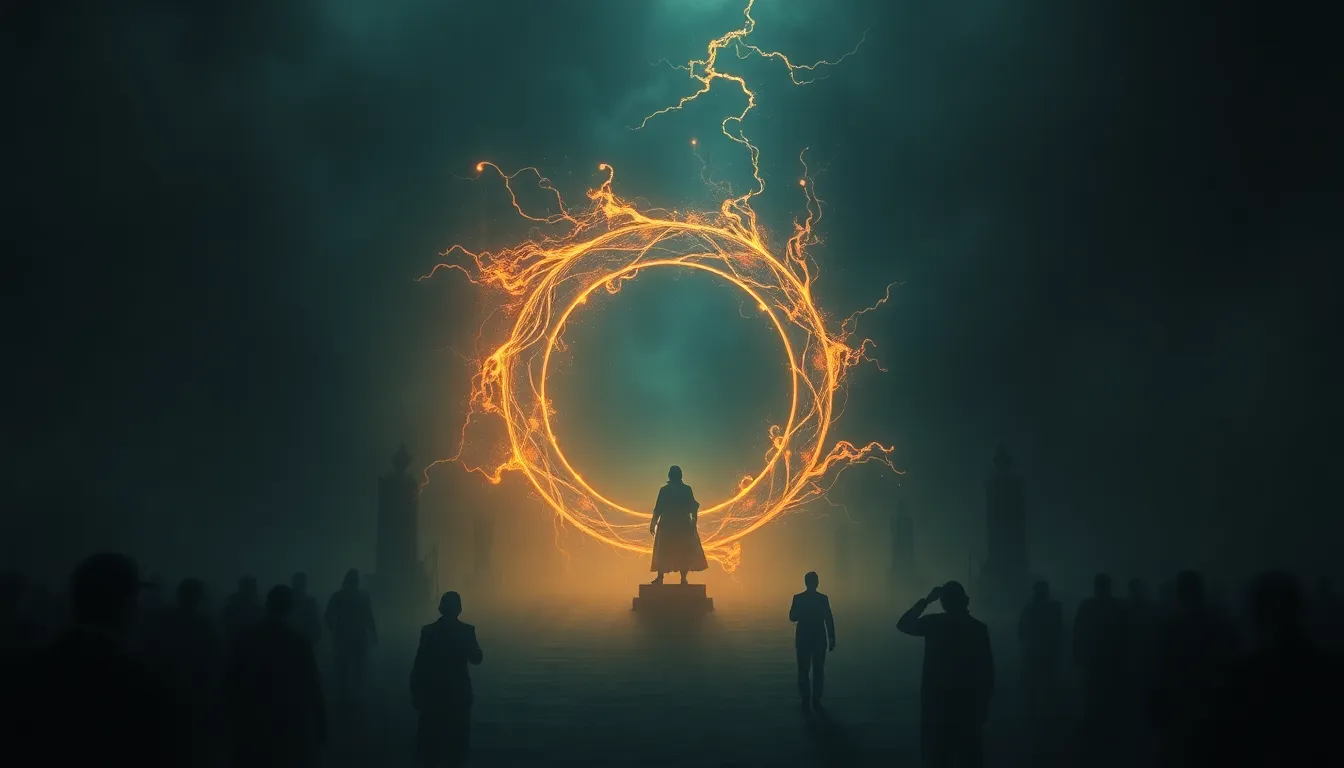The Symbolism of Authority and Control in Roman Mythology
Exploring the Concepts of Authority and Control in Roman Mythology
Roman mythology, with its vast pantheon of gods and goddesses, is rich with symbolism related to authority and control. The deities in Roman myths often embody different aspects of power and influence, reflecting the hierarchical structures of Roman society and the values placed on order and governance. Let’s delve into how these ancient tales convey lessons and insights about authority and control.
Jupiter: The Supreme Authority
At the helm of the Roman pantheon stands Jupiter, the king of the gods. Jupiter symbolizes ultimate authority and control, governing the heavens with his mighty thunderbolt. In Roman mythology, Jupiter’s reign represents power wielded with wisdom and fairness, illustrating the ideal of just rulership. Through Jupiter’s portrayal, Romans found a model of leadership that emphasized strength tempered with justice.
Janus: The God of Beginnings and Endings
In Roman mythology, Janus is the god of transitions, depicted with two faces looking in opposite directions. This imagery symbolizes Janus’s association with doorways, gates, and passages, marking the transitions between past and future, old and new. Janus embodies the concept of control over beginnings and endings, signifying the importance of managing transitions with a sense of authority and purpose.
Cloacina: The Goddess of Sewers and Cleanliness
While not as well-known as some other Roman deities, Cloacina holds a unique symbolic significance related to control and order. As the goddess of sewers and cleanliness, Cloacina represents the importance of sanitation and organization in maintaining societal control. The Romans viewed clean and efficient sewer systems as essential for public health and urban management, reflecting a form of authority over hygiene and civic infrastructure.
Roman mythology offers a fascinating perspective on the themes of authority and control, showcasing how ancient societies understood and valued these concepts in both divine and earthly realms. By exploring the stories of gods like Jupiter, Janus, and Cloacina, we gain insight into the multifaceted nature of power dynamics and governance as conveyed through myths and legends.

FAQ About the Symbolism of Authority and Control in Roman Mythology
What is the significance of authority and control in Roman mythology?
In Roman mythology, authority and control are symbolized by deities such as Jupiter (Zeus), Juno (Hera), and Minerva (Athena). These gods and goddesses embody power, leadership, and governance, reflecting the Roman ideals of order and hierarchy.
How do Roman myths portray the concept of authority?
Roman myths often depict figures like Jupiter as the supreme ruler of the gods, emphasizing divine authority and the importance of obedience to higher powers. Stories of conquest and divine intervention reinforce the idea of authority as a driving force in the Roman worldview.
What roles do mythological figures play in representing control in Roman mythology?
Mythological figures like Saturn (Cronus) and Janus symbolize control over time and transitions, showcasing the Romans’ belief in the ability to regulate and manage various aspects of life. Control over destiny, war, and nature is also exemplified through mythological narratives.
How does the symbolism of authority and control in Roman mythology influence Roman society?
The symbolism of authority and control in Roman mythology reinforces societal structures, political systems, and the importance of obedience to laws and rulers. It reflects the values of discipline, strength, and order that were integral to Roman culture and governance.



